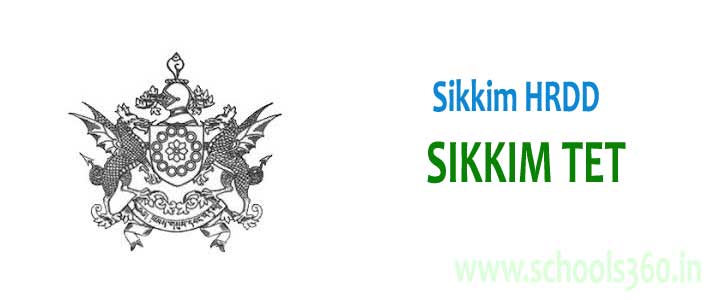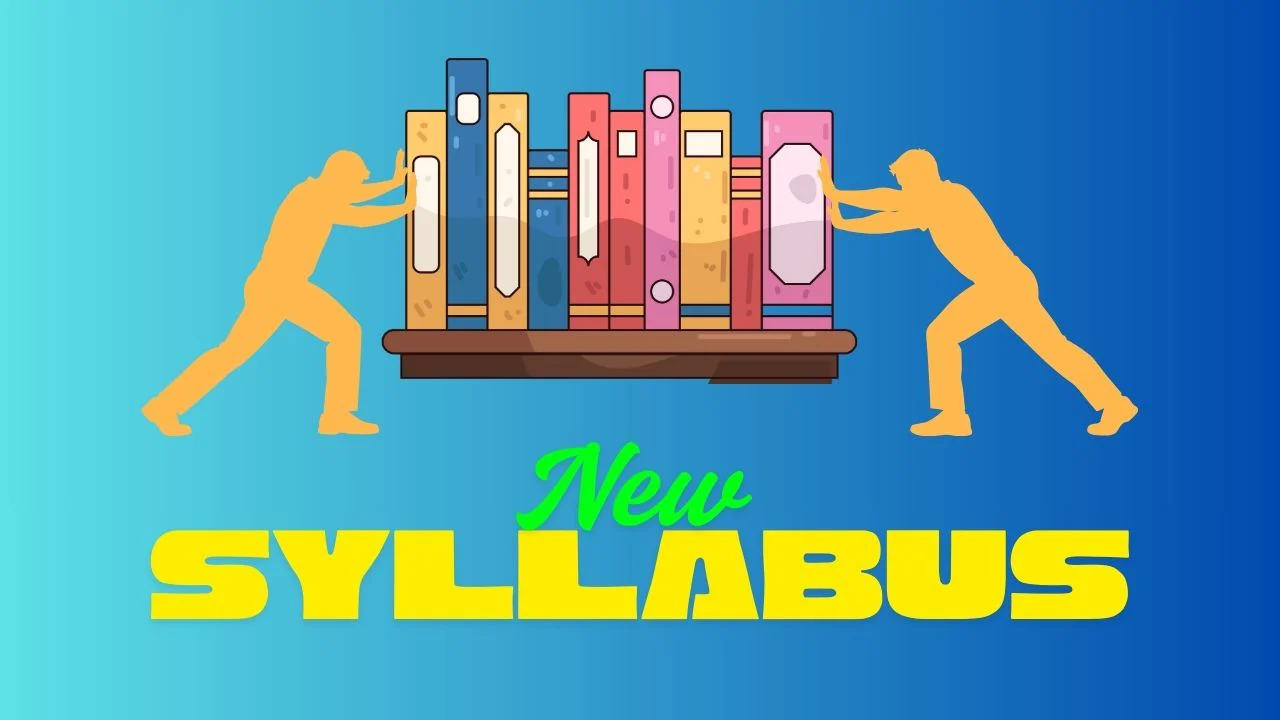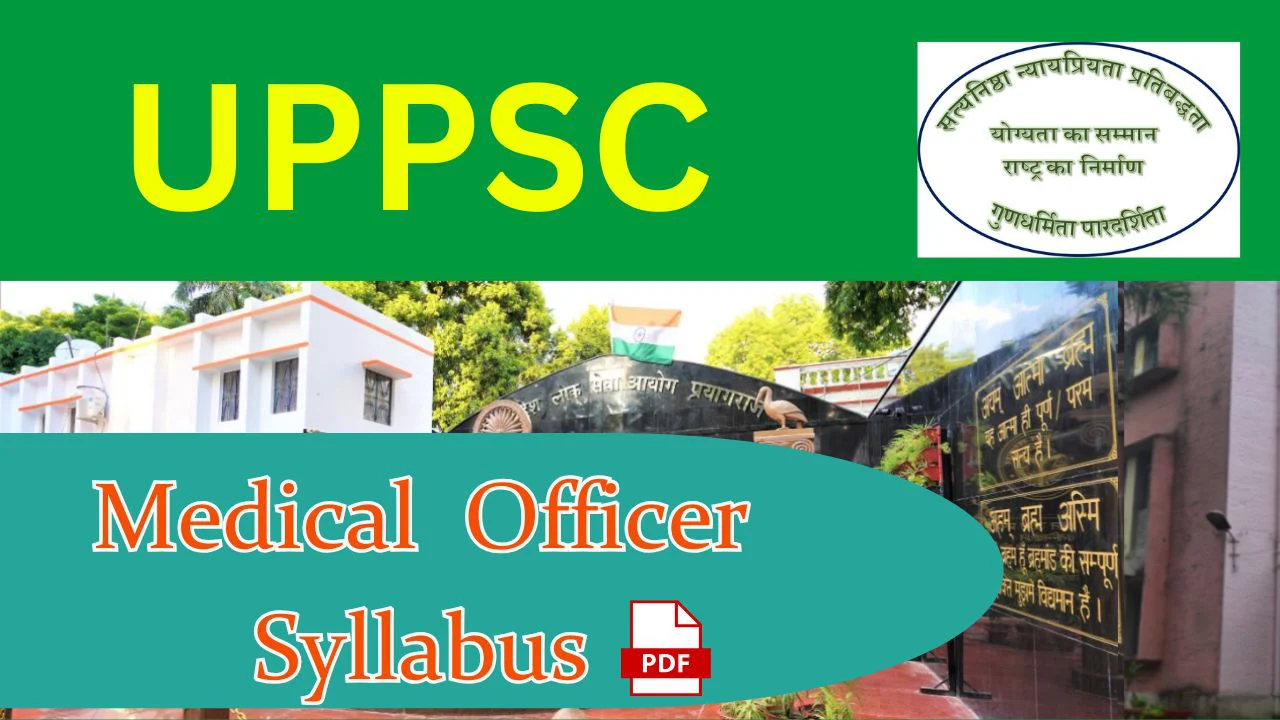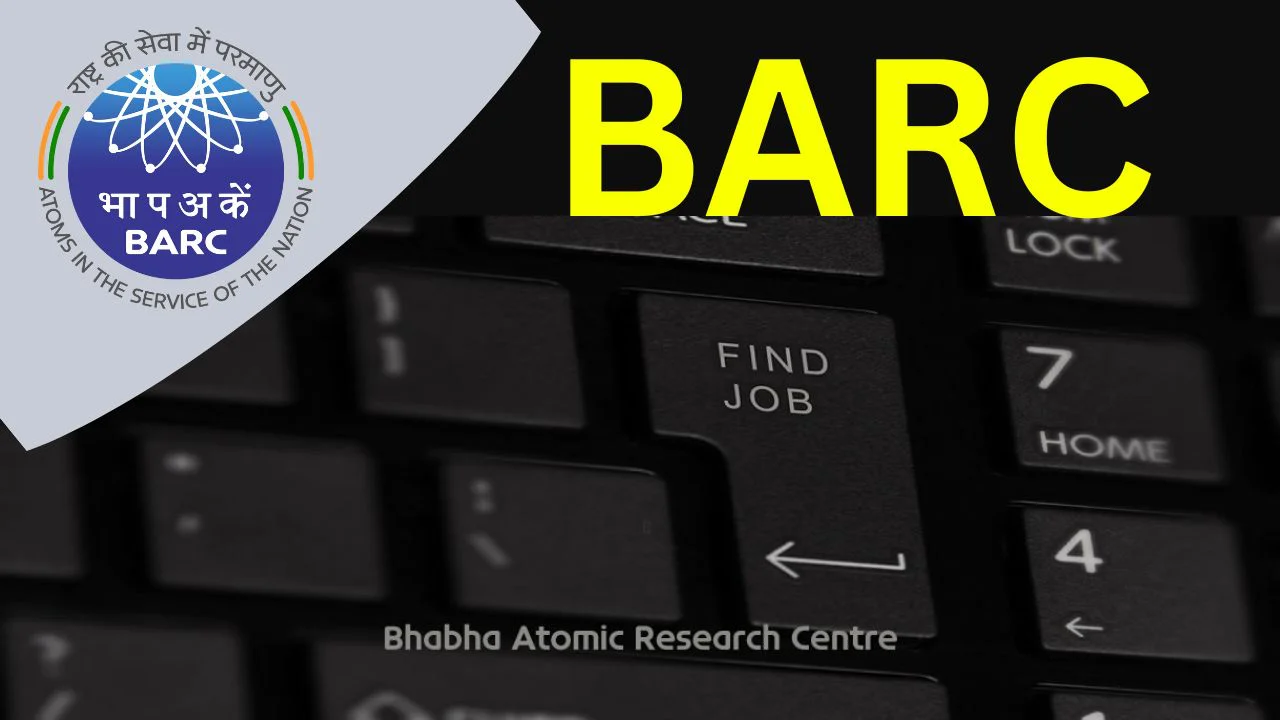Human Resource Development Department has recently announced the Sikkim TET Notification for the academic year 2021. Candidates who are interested can apply in Offline mode. Candidates last to submit the Sikkim TET Application form before Oct 7th, 2021. The Sikkim TET Exam will be held in December 2021. Candidates who are seeking Teacher Jobs are able to check the Sikkim TET Exam Pattern and Sikkim TET Syllabus from the web page below.
Also Check: Sikkim TET Notification 2021
Important Dates of Sikkim TET Notification 2021
| Name of The Organization | Human Resource Development Department Sikkim |
| Short name | HRDD |
| No. of Posts | various |
| Name of the Posts | Teacher Eligibility Test (TET) |
| Job Category | State Govt Jobs |
| Educational Qualifications | Sr Secondary/ B.A/ B.Sc, D.El.Ed, B.El.Ed, B.Sc.Ed/ B.A.Ed |
| Job Location | Sikkim |
| Application Mode | Offline Process |
| Application forms started from | 19-09-2021 |
| Last Date | 7-10-2021 |
| Submission of Printed form along with Documents | 9-10-2021 to 12-10-2021 |
| Admit cards | 27-10-2021 |
| Exam date | November 18th, 2021 |
| Official Website |
Sikkim TET Exam Pattern 2021 – Check STET Exam Pattern Paper -1 & 2 @ sikkimhrdd.org
Have you applied for the Sikkim TET Notification 2021, if yes then check the Sikkim TET Exam Pattern 2021. Also the candidates who are interested and who want to get jobs in Teaching Field are able to check the complete details of Sikkim TET Exam pattern. Here we mentioned the Sikkim TET Exam Pattern for both the Papers – 1 & 2 in the below tabular form.
Paper I (for Primary Teacher, for classes I to V) Structure and Content of TET
| Subject | Number of Questions | Number of Marks |
| Child development and pedagogy | 30 | 30 |
| Language I | 30 | 30 |
| Language II | 30 | 30 |
| Mathematics | 30 | 30 |
| Environmental Studies | 30 | 30 |
Paper II (for the Graduate teacher for classes VI to VIII) Structure and content
| Subject | Number of Questions | Number of Marks |
| Child development and pedagogy | 30 | 30 |
| Language I | 30 | 30 |
| Language II | 30 | 30 |
| Mathematics and Science | 60 | 60 |
| Social studies (for social studies teacher) | 60 | 60 |
Sikkim TET Syllabus 2021 – Download Sikkim TET Syllabus PDF @ sikkimhrdd.org
Here we mentioned in this article is about Sikkim TET Syllabus. Candidates who are interested are able to check and download the Sikkim TET Syllabus in PDF format. Also the Candidates may check the Sikkim TET Syllabus for both the papers we given below.
Sikkim TET Syllabus for Paper 1
I. Child Development and Pedagogy
- a) Child Development (Primary School Child)
- Concept of development and its relationship with learning.
- Principles of the development of children.
- Gross and fine motor development skills in infancy & preschool children.
- Socialization processes: Social world & children (Teachers, parents, peers.)
- Piaget, Kohlberg and Vygotsky: constructs and critical perspectives.
- Development of speech and language.
- Gender as a social construct; gender roles, gender- bias and educational practice.
- Individual differences among learners, understanding differences based on diversity of
- language, caste, gender, community, religion etc.
- Understanding child abuse.
- Posts not found
- b) Concept of Inclusive education and understanding children with special needs.
- Addressing learners from diverse backgrounds including disadvantaged and deprived.
- Addressing the needs of children with learning difficulties, impairment etc.
- Addressing the talented, creative, especially able learners
- c) Learning and Pedagogy
- How children think and learn.
- Factors contributing to learning –personal & environmental.
- Basic processes of teaching and learning; children’s strategies of learning; learning as a social activity; social context of learning.
- Cognition & Emotional development of child.
- Motivation – Concept and types of Motivation; Relationship between Motivation and
- Gathering data about children from different context: Naturalist Observation, Reflective Journal, and Anecdotal Record
II. Language
- a) Language Comprehension
Reading unseen passages- two passages one prose or drama and poem with questions on comprehension, inference, grammar and verbal ability ( Prose passage may be literary, scientific, narrative or discursive )
- b) Pedagogy of Language Development
- Learning and Acquisition
- Principles of language Teaching
- Role of listening and speaking; function of language and how children use it as a tool
- Critical perspective on the role of grammar in learning a language for communicating ideas verbally and in written form;
- Challenges of teaching language in a diverse classroom; language difficulties, errors and disorders
- Language Skills
- Evaluating language comprehension and proficiency: speaking, listening, reading and writing
- Teaching- learning materials: Textbook, multi- media materials, multilingual resource of the classroom
- Remedial Teaching
III. Mathematics
- a) Content
- Numbers
- Squares and Square roots
- Cubes and Cube roots
- Integers
- Decimals and Fractions
- Algebraic Expressions and Identities
- Factorizations
- Rational Numbers
- Exponents and Powers
- Addition and Subtraction
- Operation on Numbers
- Ratio and proportion
- Measurement
- Comparing Quantities
- Direct and Inverse Variations
- Geometry
- Shapes & Spatial Understanding
- Solids around Us
- Mensuration
- Weight
- Data Handling
- Patterns
- Money
- b) Pedagogical Issues
- Nature of Mathematics/Logical thinking; understanding children’s thinking and reasoning patterns and strategies of making meaning and learning
- Place of Mathematics in Curriculum
- Language of Mathematics
- Community Mathematics
- Evaluation through formal and informal methods
- Problems of Teaching
- Error analysis and related aspects of learning and teaching
- Diagnostic and Remedial Teaching
IV. Environmental Studies
- a) Content
Term I and Term II textbooks developed by the state for classes I-V
- Science: VI-VIII
- Food: Sources and Components
- Nutrition in Plants and Animals
- Light, Shadows and Reflection
- Electric Current and its effects
- Sound
- Microorganism : Friend and Foe
- Pollution of Air and Water
- Physical and Chemical changes
- Fibre to Fabric
- Social Science: (VI -VIII Social and Political Life, History –Our Pasts, Geography)
- History
- From Gathering to Growing Food
- Rulers and Buildings
- India after Independence
- Geography
- Motions of the Earth
- Life in the Temperate Grassland
- Mineral and Power Resources
- Social and Political Life
- Diversity and Discrimination.
- Understanding Media.
- Understanding Marginalisation
- b) Pedagogical Issues
- Environmental Studies: Meaning and Nature.
- Objectives of teaching Environmental studies.
- Approaches to teaching Environmental Studies. NCF-2005
- Meaning of Child Centric activity based classroom.
- Principles and importance of Child Centred approac
- Needs of the child.
- Development of various skills among the children through teaching of Environmental
- Steps in planning and conducting activities.
- Methods of teaching environmental studies – Meaning, importance, advantages and
- Difference between various methods of teaching.
- Methods of teaching at Primary Level.
- Problem solving method.
- Question answer method or conversation method.
- Project method
- Play-way method
- Story telling method
- Scientific method
- Principles and Characteristics of good method of teaching.
- Different types of activities needed to develop various skills among the children.
- Teaching-Learning material –. Meaning, Importance, Qualities of teaching – Learning material, Types – Audio, Visual, Audio -Visual
- Meaning, importance, principles of a lesson plan.
- Steps involved in Lesson Planning.
- Continuous and Comprehensive Evaluation:
- Difference between Assessment and Evaluation, the importance of evaluation.
- Types of assessment – Formative and Summative
- Tools and Techniques of Evaluation (Summative Assessment)
- Types of questions, Qualities of a good question paper. Educational objectives for framing questions (According to NCERT Model.)
- Grading System at Primary level -Meaning, Type of grading.









